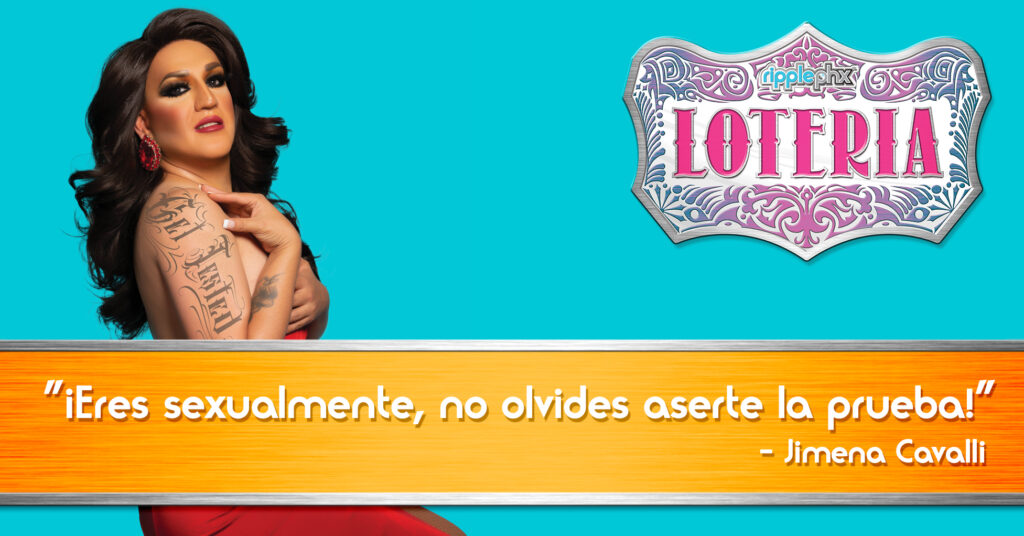
WHO SHOULD GET TESTED?
The only way to know for sure whether you have HIV is to get tested. CDC recommends that everyone between the ages of 13 and 64 get tested for HIV at least once as part of routine health care. Knowing your HIV status gives you powerful information to help you take steps to keep you and your partner(s) healthy. About 1 in 7 people in the United States who have HIV do not know they have it.
SHOULD YOU GET TESTED FOR HIV?
Everyone between the ages of 13 and 64 should get tested for HIV at least once. If your behavior puts you at risk after you are tested, you should think about being tested again. Some people at higher risk should get tested more often.
CDC recommends that everyone between the ages of 13 and 64 get tested at least once and that people with certain risk factors get tested more often
If your last HIV test result was negative, you should get an HIV test if you answer “yes” to any of the questions below about your risk since that test:
- Are you a man who has had sex with another man?
- Have you had sex—anal or vaginal—with an HIV-positive partner?
- Have you had more than one sex partner?
- Have you injected drugs and shared needles or works (for example, water or cotton) with others?
- Have you exchanged sex for drugs or money?
- Have you been diagnosed with, or sought treatment for, another sexually transmitted disease?
- Have you been diagnosed with or treated for hepatitis or tuberculosis (TB)?
- Have you had sex with someone who could answer “yes” to any of the above questions or someone whose sexual history you don’t know?
Sexually active gay and bisexual men may benefit from more frequent testing (for example, every 3 to 6 months).
If you’re pregnant, talk to your health care provider about getting tested for HIV and other ways to protect you and your child from getting HIV.
Anyone who has been sexually assaulted or has had a high-risk exposure to HIV should consider taking post-exposure prophylaxis (PEP) and getting an HIV antigen test that can detect infection sooner than standard antibody testing. PEP may prevent HIV infection after possible exposure to HIV if it is started as soon as possible within 3 days after exposure to HIV.
HOW CAN TESTING HELP YOU?
The only way to know for sure whether you have HIV is to get tested.
Knowing your HIV status gives you powerful information to help you take steps to keep you and your partner(s) healthy.
- If you test positive, you can take medicine to treat HIV . People with HIV who take HIV medicine as prescribed can live long and healthy lives. There’s also an important prevention benefit. If you take HIV medicine daily as prescribed and get and keep an undetectable viral load, you have effectively no risk of transmitting HIV to an HIV-negative partner through sex.
- If you test negative, you have more prevention tools available today to prevent HIV than ever before.
- If you are pregnant, you should be tested for HIV so that you can begin treatment if you’re HIV-positive. If an HIV-positive woman is treated for HIV early in her pregnancy, the risk of transmitting HIV to her baby can be very low.
IS SELF-TESTING AN OPTION?
Yes. HIV self-testing allows people to take an HIV test and find out their result in their own home or other private location. You can buy a self-test kit at a pharmacy or online, or your health care provider may be able to order one for you. Some health departments or community-based organizations also provide self-test kits for free.
Read the U.S. Food and Drug Administration’s (FDA) fact sheet on the OraQuick In-Home HIV Test, the only FDA-approved in-home HIV test.
SHOULD YOU GET TESTED FOR HIV IF YOU DON’T THINK YOU’RE AT HIGH RISK?
Some people who test positive for HIV were not aware of their risk. That’s why CDC recommends that everyone between the ages of 13 and 64 get tested for HIV at least once as part of routine health care and that people with certain risk factors should get tested more often (see above).
Even if you are in a monogamous relationship (both you and your partner are having sex only with each other), you should find out for sure whether you or your partner has HIV.
SHOULD YOU GET TESTED FOR HIV IF YOU’RE PREGNANT?
All pregnant women should be tested for HIV so that they can begin treatment if they’re HIV-positive. If a woman is treated for HIV early in her pregnancy, the risk of transmitting HIV to her baby can be very low. Testing pregnant women for HIV infection, treating those who are infected, and treating their babies with antiretroviral therapy (ART) after delivery have led to a big decline in the number of children born with HIV.
The treatment is most effective for preventing HIV transmission to babies when started as early as possible during pregnancy. If pregnant women are treated for HIV early in their pregnancy, the risk of transmitting HIV to their baby can be 1% or less. However, there are still great health benefits to beginning preventive treatment even during labor or shortly after the baby is born.











